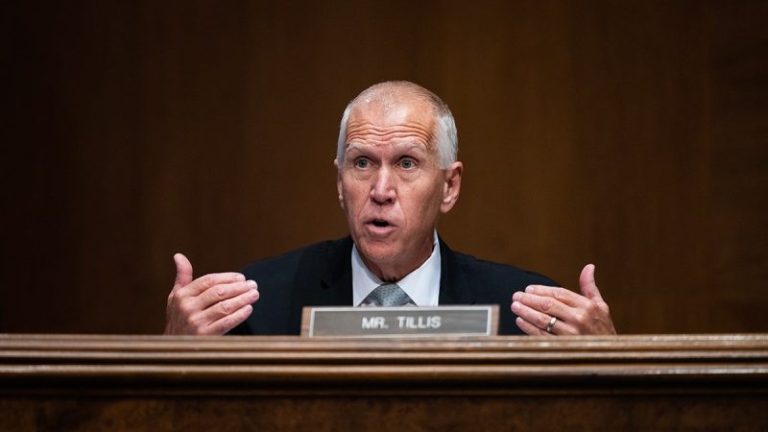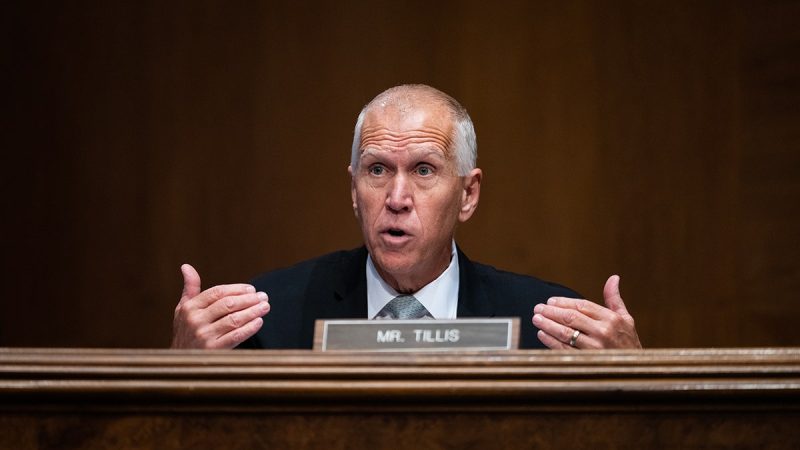
The next global energy war won’t just be fought over oil and gas – it will be decided by who can power artificial intelligence first, and the U.S. must win that race, the head of the nation’s largest oil and gas trade group told Fox News Digital.
American Petroleum Institute President Mike Sommers said surging AI-driven electricity demand has made energy infrastructure the decisive front in the next phase of U.S. economic and national security competition, as the Trump administration and Republicans in Congress moved aggressively in 2025 to deliver landmark domestic energy production wins.
Sommers, who will headline the 2026 State of American Energy forum at Washington’s wharf on Tuesday, told Fox News Digital that of the goals set out in API’s two-year plan, ‘we got 90% of it done in 2025,’ – while permitting reform remains unresolved and AI is both a growing energy demand and a tool the industry plans to deploy.
‘The [June 2024 plan] was all about how to reduce inflation and ensure that we have energy security here in the United States. And the Trump administration, along with their allies in Congress, allowed us to get historic victories in 2025.’
‘The Trump administration has done everything they can to get permitting done at the federal level, but there’s only so much they can do without congressional action. So our focus going into 2026 is how do we finally unlock permitting form that both Republicans and Democrats can get behind.’
That remaining frontier, Sommers said, is AI. Sommers said that not only must the U.S. win the battle to power AI the fastest and most efficient but also harness its power in a novel way to in turn increase the effectiveness of energy development itself.
‘We expect that energy demand is going to go up by 50% just in the next 15 years. What that means is, is that we’re really going need every energy source going forward. But primarily what that means is that, we’re going need a lot more natural gas,’ he said, calling it the ‘backbone’ of contemporary electricity and the power grid in the U.S.
The AI race is intertwined with a newly bipartisan push for permitting reform – slashing the red tape preventing major projects from getting off the ground.
Republicans and some top Democrats are onboard, and Sommers said all sides likely understand what’s at stake. At the 2025 meeting of the National Governor’s Association, both Republicans, like Oklahoma’s Kevin Stitt and Democrats, like Pennsylvania’s Josh Shapiro, spoke about the importance of reforming the permitting process to unleash their states’ energy potential.
‘It’s time for both sides to put their swords down and work together because we know that we’re going to need a lot more energy going into the future. And the only way that we are going to be able to get it built in this country is to get a comprehensive permanent bill through Congress that is durable and can survive the pendulum swings of American politics.’
On the AI front, Sommers said a lot of infrastructure must be developed to power the U.S. into the AI age.
‘We have to win the war for AI. But if we don’t win the War for Energy, we’re never going to even be able to get to the war for AI,’ he said.
‘So that’s just on what has to happen for artificial intelligence. There’s another side of this, which is how our industry is going to use AI into the future: What I’m optimistic about is that we’re going to be able to use AI in a way that allows us to find more resources than we can even find today.’
He added that the AI frontier can be the next fracking revolution in the U.S. – as fracking allowed energy companies to capture resources they never thought they could reach.
‘AI has that exact same potential. And I think 10 years from now, we’ll be talking about the incredible impact that AI has had on our ability to find more oil and more natural gas in the United States.’
Sommers said that even with the heightened technology in the energy exploration sector today, up to 80% of oil and gas resources get left underground.
Energy companies are developing ways to harness AI to better explore the subsurface of the Earth – helping them draw out more proverbial bang for their buck on what lies beneath.
‘So there’s kind of a two-pronged message here: One, we have to have permanent reform so that we can build out the infrastructure that’s going to power AI.’
‘And two, AI is really the path of future energy security for the United States,’ Sommers said.






















